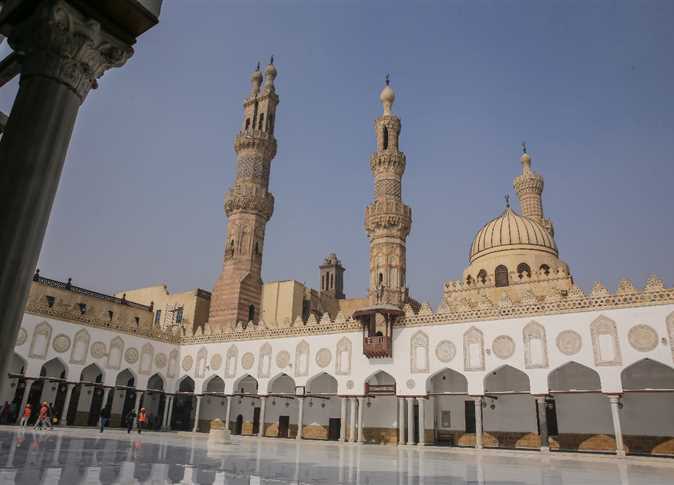Faith and Power: Religion and Politics in the Middle East by Bernard Lewis (Oxford University Press, 2010) and Muhammad and the Believers: At the Origins of Islam by Fred M. Donner (The Belknap Press/Harvard University Press, 2010)
Max Rodenbeck, journalist and author of Cairo: The City Victorious, writes about two new books on Islam. The first is a collection of essays and lectures by Bernard Lewis, a professor emeritus of Near Eastern studies, who has a knack for a succinctness Rodenbeck suspects is more of an inclination toward a sound bite: “[Lewis’s] distillations can be salutary, but may also prove dangerously reductionist.”
Most troubling is that Lewis’s remarks are neoconservative arrows. For example, on ousting dictators and implanting democracy in the Middle East, Lewis writes, “Either we bring them freedom, or they destroy us.” Alarmism aside, Lewis fails also, in Rodenbeck’s view, to get the facts straight, past and present.
Another historian, Fred M. Donner, fares a little better. The reviewer describes his book as a “learned and brilliantly original, yet concise and accessible study of Islam’s formative first century.”
The two writers are at odds with one another, and it’s clear who Rodenbeck thinks gets it right: “In contrast to Lewis, who depicts Islam as aggressive from the start, Donner shows that contemporary followers of other religions initially, and perhaps even for several generations, regarded Islam as an open-minded and not specially threatening movement with universalist aspirations.”
Imperial Bedrooms by Bret Easton Ellis (Picador, 2010)
American novelist Bret Easton Ellis has been both praised and criticized for his work, particularly, as Alison Kelly notes, for “his subject matter: money, sex, drugs, celebrity and violence,” written with a lack of subtlety some might see as artful and others as awful. In this new novel, Ellis revisits the teenage characters from Less Than Zero, his first novel, who are now middle-aged. The characters’ reunion “is really only a hook on which to hang a dark story about power and perversion–a snuff novel about the living dead in Hollywood.”
Kelly is won over by the work, which she says is “brilliantly written.” But her review asks a lot of questions that Ellis doesn’t seem to answer. “Do the rapes and murders in this novel stand for America’s political and economic relations with non-western countries? Perhaps. Ellis has always (enjoying the paradox) styled himself a moralist, so is he trying to teach us something? Possibly.” Will you like this new book? Maybe.
Hitch 22 by Christopher Hitchens (Twelve, 2010)
This new memoir writer and intellectual Christopher Hitchens goes one step further toward turning his surname into a verb, and the result is a “cunning, illuminating memoir,” according to Douglas Brinkley. So what is a “Hitch 22?” Perhaps it is the result of Hitchens being willing to argue with himself: “Being able to shape-change, shed skins, sit on the hillside overlooking suburbia like a coyote, Hitchens represents a dying breed of public intellectual whose voice matters precisely because it can’t be easily pigeonholed or ignored.”
In doing so, he resurrects forgotten literature, explains his often-confounding political leanings, and tells great stories. “Fueled by booze, literature, love and travel, Hitchens has lived an incredibly fun-filled life.” It appears that living a life full of arguing, protesting, and sometimes shaming has been the key to living a good life, which is quite a “Hitch 22.”
Paradise Beneath Her Feet: How Women Are Transforming the Middle East by Isobel Coleman (Random House. 2010.)
Tara Bahrampour reviews this new book by the Isobel Coleman, director of the Council on Foreign Relations’ Women and Foreign Policy program, whose message is that “even in Muslim societies that present cultural and political obstacles, women are finding opportunities to rise up–and to bring their countries up with them…. The key is to do so within Islamic paradigms.” Although Coleman has traveled extensively throughout the Muslim world, focuses on five countries–Iran, Afghanistan, Pakistan, Saudi Arabia and Iraq–writing about individuals as well as programs and institutions to show how the role of women is slowly but effectively getting better, through work within Muslim rather than Western frameworks. Coleman’s book is hopeful, but realistic.




